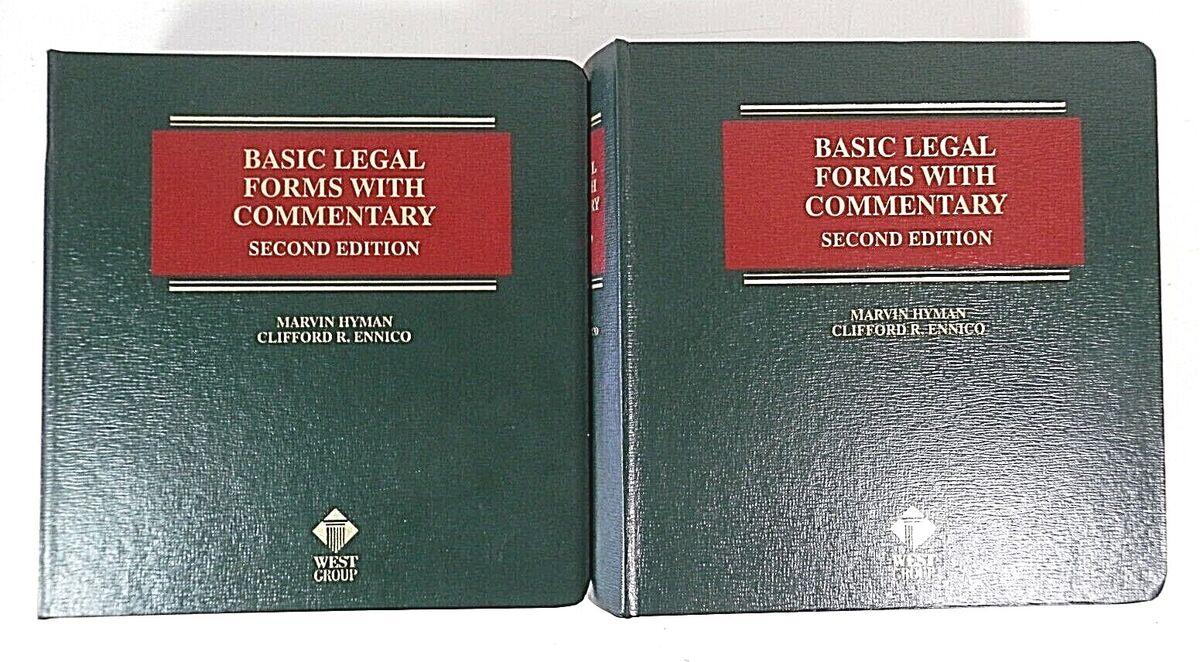
Legal commentary serves as a crucial tool for understanding complex laws and regulations. But what exactly is it? Legal commentary refers to expert analysis and interpretation of legal texts, often provided by scholars, judges, or experienced lawyers. These insights help clarify the meaning and implications of statutes, case law, and legal principles. Whether you're a law student, practicing attorney, or just curious about the legal system, understanding legal commentary can significantly enhance your grasp of the law. In this post, we'll explore 25 fascinating facts about legal commentary that will deepen your appreciation for this essential aspect of legal scholarship.
Key Takeaways:
- Legal commentary helps people understand complicated laws and court decisions, and it can influence public opinion and drive legal reforms.
- Different types of legal commentary serve various purposes, from explaining court decisions to offering practical advice for navigating legal processes.
What is Legal Commentary?
Legal commentary involves analysis, interpretation, and critique of laws, court decisions, and legal principles. It helps people understand complex legal issues and their implications.
- Legal commentary often appears in law journals, offering in-depth analysis of specific legal topics.
- It can also be found in newspapers and magazines, providing a more general audience with insights into legal matters.
- Legal scholars and practitioners write most legal commentaries, bringing their expertise to the discussion.
- Some legal commentaries focus on recent court decisions, explaining their significance and potential impact.
- Others delve into theoretical aspects of law, exploring concepts and principles that underpin legal systems.
Importance of Legal Commentary
Legal commentary plays a crucial role in shaping public understanding and influencing legal developments. It bridges the gap between complex legal language and everyday understanding.
- It helps lawyers and judges stay updated on recent legal trends and interpretations.
- Law students rely on legal commentary to grasp difficult concepts and prepare for exams.
- Policymakers use legal commentary to inform their decisions and craft better laws.
- The general public benefits from legal commentary by gaining a clearer understanding of their rights and obligations.
- Legal commentary can highlight inconsistencies or gaps in the law, prompting reforms and improvements.
Types of Legal Commentary
There are various forms of legal commentary, each serving different purposes and audiences. Understanding these types can help you find the right resources for your needs.
- Case commentaries analyze specific court decisions, explaining the reasoning behind the judgments.
- Statutory commentaries focus on interpreting and explaining legislation, helping readers understand how laws apply in practice.
- Academic articles delve into theoretical aspects of law, offering deep insights and new perspectives.
- Opinion pieces provide personal viewpoints on legal issues, often sparking debate and discussion.
- Practical guides offer step-by-step advice on navigating legal processes, making them invaluable for non-lawyers.
Notable Legal Commentators
Some legal commentators have made significant contributions to the field, shaping public discourse and influencing legal thought.
- Ruth Bader Ginsburg, before becoming a Supreme Court Justice, wrote influential legal commentaries on gender equality.
- Alan Dershowitz, a prominent lawyer and academic, is known for his thought-provoking legal analyses.
- Laurence Tribe, a constitutional law expert, has authored numerous commentaries on Supreme Court decisions.
- Linda Greenhouse, a Pulitzer Prize-winning journalist, has provided insightful legal commentary through her reporting on the Supreme Court.
- Richard Posner, a former judge and legal scholar, has written extensively on various legal topics, blending practical and theoretical perspectives.
Impact of Legal Commentary on Society
Legal commentary doesn't just stay within the confines of academia or the legal profession; it has a broader impact on society.
- It can influence public opinion on controversial legal issues, shaping societal attitudes and beliefs.
- Legal commentary often plays a role in high-profile court cases, providing context and analysis that informs media coverage.
- It can drive legal reforms by highlighting outdated or unjust laws, prompting legislative action.
- Legal commentary helps demystify the legal system, making it more accessible and understandable for everyone.
- By fostering informed debate and discussion, legal commentary contributes to a more engaged and knowledgeable citizenry.
Final Thoughts on Legal Commentary
Legal commentary isn't just for lawyers. It helps everyone understand complex laws. From historical cases to modern-day rulings, these insights shape our world. Knowing the facts can make you more informed and engaged in civic life. Whether you're a student, a professional, or just curious, diving into legal commentary can be eye-opening. It offers a deeper look into how laws affect society and individuals. So next time you hear about a landmark case or a new law, take a moment to explore the commentary. You might find perspectives you hadn't considered. Legal commentary bridges the gap between legal jargon and everyday understanding. It's a valuable resource for anyone wanting to grasp the intricacies of the legal system. Stay curious, stay informed, and keep exploring the world of legal commentary.
Frequently Asked Questions
Was this page helpful?
Our commitment to delivering trustworthy and engaging content is at the heart of what we do. Each fact on our site is contributed by real users like you, bringing a wealth of diverse insights and information. To ensure the highest standards of accuracy and reliability, our dedicated editors meticulously review each submission. This process guarantees that the facts we share are not only fascinating but also credible. Trust in our commitment to quality and authenticity as you explore and learn with us.
